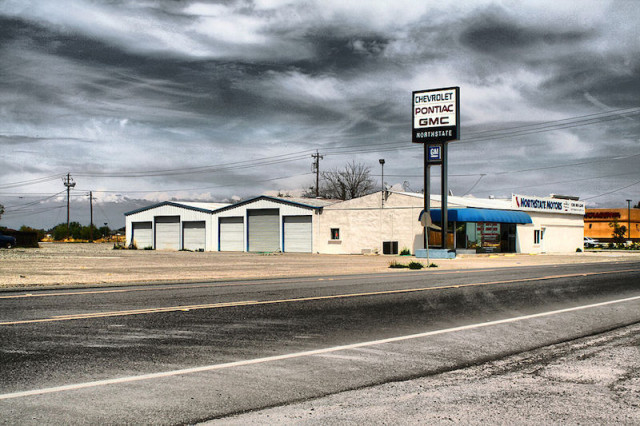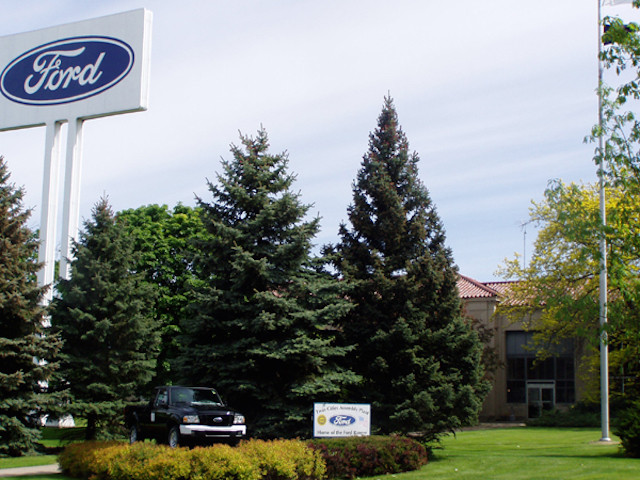Few people have money problems. The majority of people have discipline problems.
That is a 110% agreement from me.
You have to live within your means. In my case I lived below my means forever. Bought one car with a loan, and when it was paid off, continued to make that payment that we never missed into an account that made a little money, until needing another vehicle.
Write the check and walk out.
It freeks out the dealerships when you say fawk you on financing one through them which makes them extra money.
Debt free is good, but take advantages of the rewards that credit card companies offer, and enjoy the vacations on beaches where the ladies sunbathe topless.












